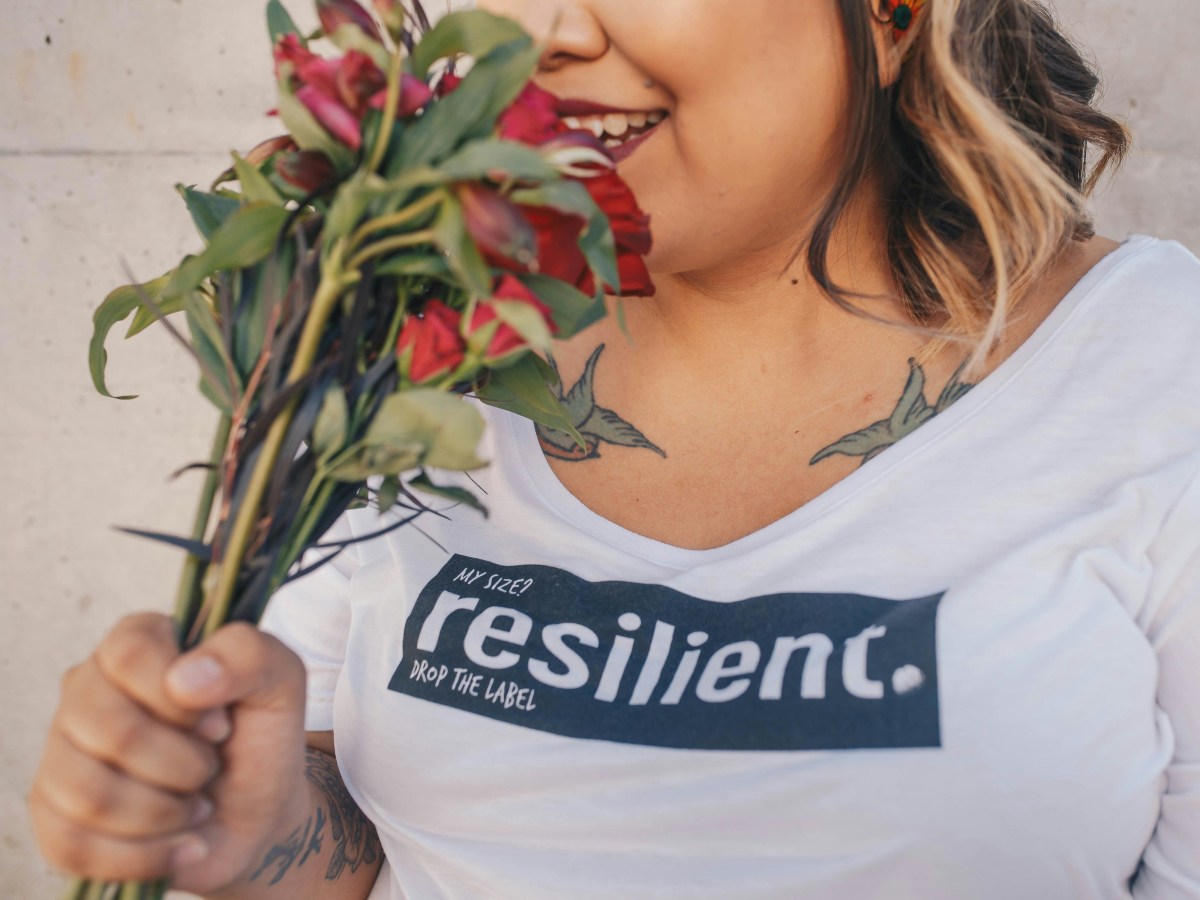Women with disability face unique challenges regarding body image and the My Body My Voice Project reveals new research to address these challenges.
“Body dissatisfaction is a universal experience, and for women with disabilities, these challenges can be compounded by ableism, inaccessibility, and lack of representation in media. This project sought to explore these barriers by creating a platform where women with disabilities can be heard, celebrated, and supported,” said Kit McMahon CEO of Women’s Health in the South East (WHISE).
The My Body My Voice Project, spearheaded by WHISE, with support from the Butterfly Foundation and Women with Disabilities Victoria, involves women with lived experiences of disability.
“Women with disabilities face a healthcare system that often reduces them to their weight or disability, ignoring the broader context of their mental health, well-being, and lived experiences. This report calls for an urgent shift towards patient-centered, inclusive care,” said McMahon.
What do participants say?
Participants offered insights on how the healthcare system and healthcare professionals can strengthen support for women with disabilities.
Ruth Wykes, a participant in the focus group who lives with chronic pain, shared her perspective: “Just being in the space with other people who experience it day to day was so reassuring. I felt that whole kind of relief of I’m not alone, I’m not the only one and not wanting anyone else to go through it.
“[We] do live a fairly isolated existence. We don’t fit in a box. We don’t all respond to a particular type of medicine or a particular type of therapy. What we need is for you to listen, to listen without assumption.
“For the next generation coming through, we need this to be a different world. I just think the people who are doing the work are my heroes because that’s just the change that needs to happen. “
Recommendations
Amongst other recommendations, the report reveals that increasing disability inclusive media campaigns is important to raise awareness of, and to ‘normalise’ hidden disabilities.
“We walk among you,” says Wykes. “The general public really does have a wrong view of what different abilities are.”
Women with disabilities are often excluded from mainstream conversations about beauty standards and body positivity. This project seeks to change that narrative by promoting a more inclusive and diverse understanding of beauty, emphasising that all bodies are valuable and worthy of respect.
McMahon says, “Addressing body dissatisfaction is crucial as it is a known risk factor for eating disorders.”
The project findings highlighted gaps in the primary prevention of body dissatisfaction among women with disabilities and notes that women with disabilities may face heightened vulnerability due to societal expectations.
“This is about changing perceptions, not just for women with disabilities, but for society at large. By amplifying their voices, we can create a world where beauty and confidence are not limited by physical ability,” McMahon said.

